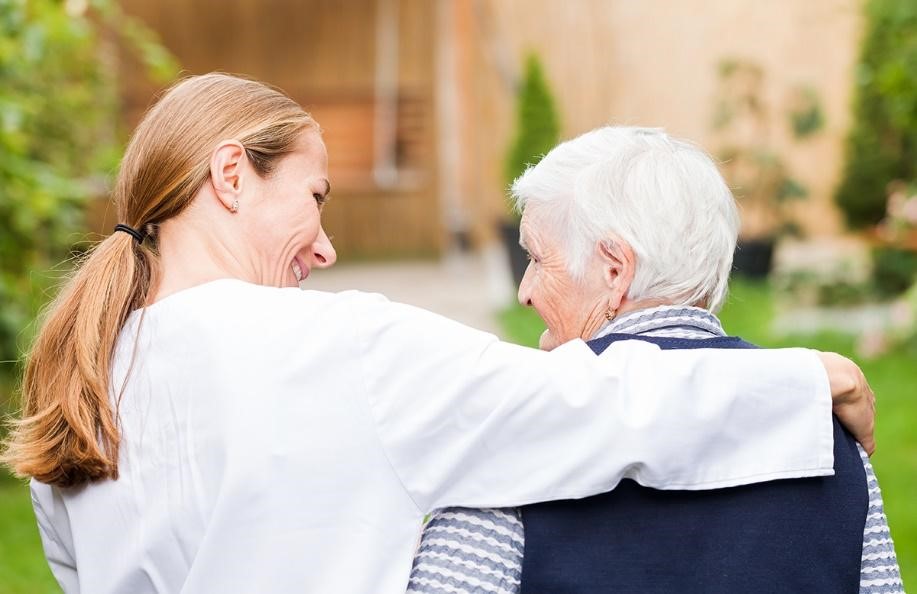
Bearing the sole burden of caring for an aging spouse, however, can cause tremendous amounts of strain. In a study conducted by the National Alliance for Caregiving, 87% of the caregivers who responded said they experienced insufficient sleep or energy, and 70% said they experienced stress. Effects like these are common, and they are known as caregiver burnout.
What is Caregiver Spouse Burnout?
The most important thing to remember about caregiver burnout is that feeling tired or overwhelmed doesn’t mean you have failed your spouse. Burnout occurs when you have exhausted your ability to meet all of the responsibilities on your plate. It is very common when you are the primary caregiver for your spouse in addition to managing household responsibilities like cleaning, cooking, and shopping. Burnout may also cause feelings of anxiety, depression, stress, or fatigue as you try to do more than you are physically able to do. Let’s take a look at some of the most common symptoms you may experience as a result of caregiver burnout.
What Are the Signs and Symptoms?
According to the National Alliance for Caregiving study, caregivers often experience a decline in their own health as they care for a loved one. Health symptoms may include:
- Sleep problems
- Lack of energy
- Severe fatigue
- Feelings of stress
- Pain or aching
- Depression
- Headaches
- Changes in weight
In addition to physical symptoms, caregivers often experience emotional symptoms of burnout. These may be just as serious and can include:
- Hopelessness
- Anxiety or panic attacks
- Depression
- Irritability
- Guilt
- Mood swings
- Losing interest in activities you once enjoyed
- Not caring about things that were once important to you
How Can In-Home Care Help Relieve Burnout?

The next step is to make some adjustments to your lifestyle so you can remain healthy. Taking care of yourself by eating right, getting enough sleep, taking walks, and reserving some time to rest and regroup are all important ways you can protect yourself from caregiver burnout.
In-home care helps relieve some of that burden so you can focus on spending quality time with your spouse and getting the rest you need rather than exhausting all of your energy on caregiving and managing the home. For example, a professional caregiver can assist you with services like:
- Light housekeeping (vacuuming, dishes, tidying up)
- Laundry
- Preparing meals
- Grocery shopping
- Changing bed linens
- Transportation to and from doctors’ appointments
- Bathing and hygiene
- Mobility assistance
- Medication reminders
- Incontinence care
This assistance gives you the opportunity to take much-needed breaks, get the rest you need, and enjoy spending time with your spouse outside of the role of caregiver. You can schedule in-home care when you need it, from four hours per day a few days a week all the way up to 24-hour or even live-in care.
If you are ready to learn more about how in-home care can help you recover from caregiver burnout, please give us a call today!






